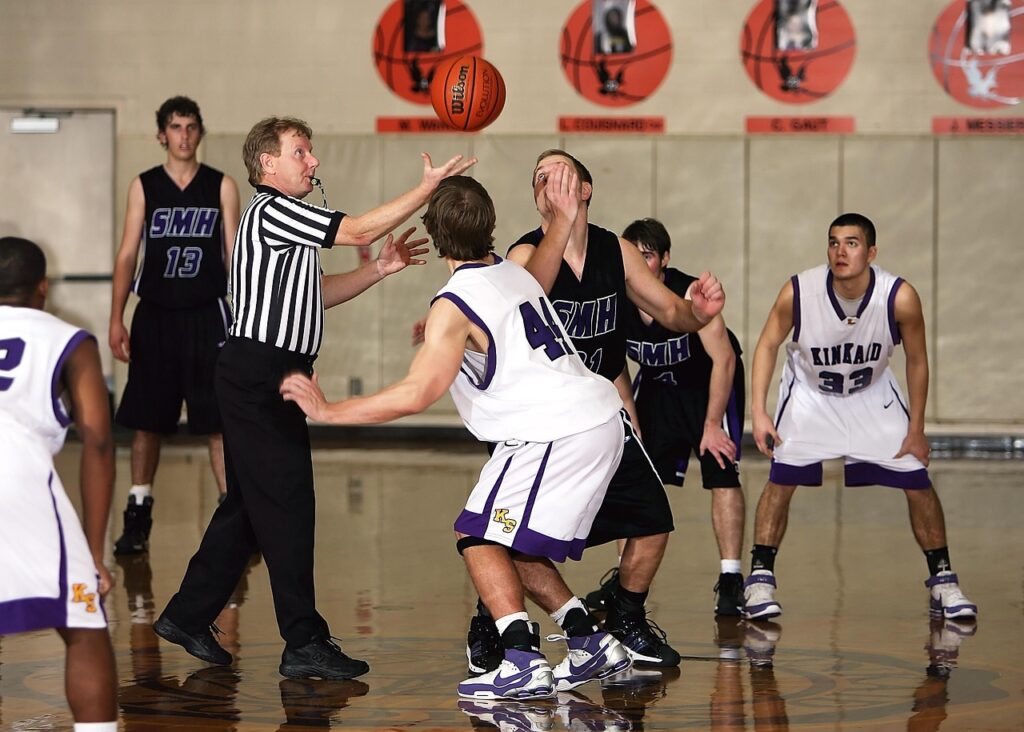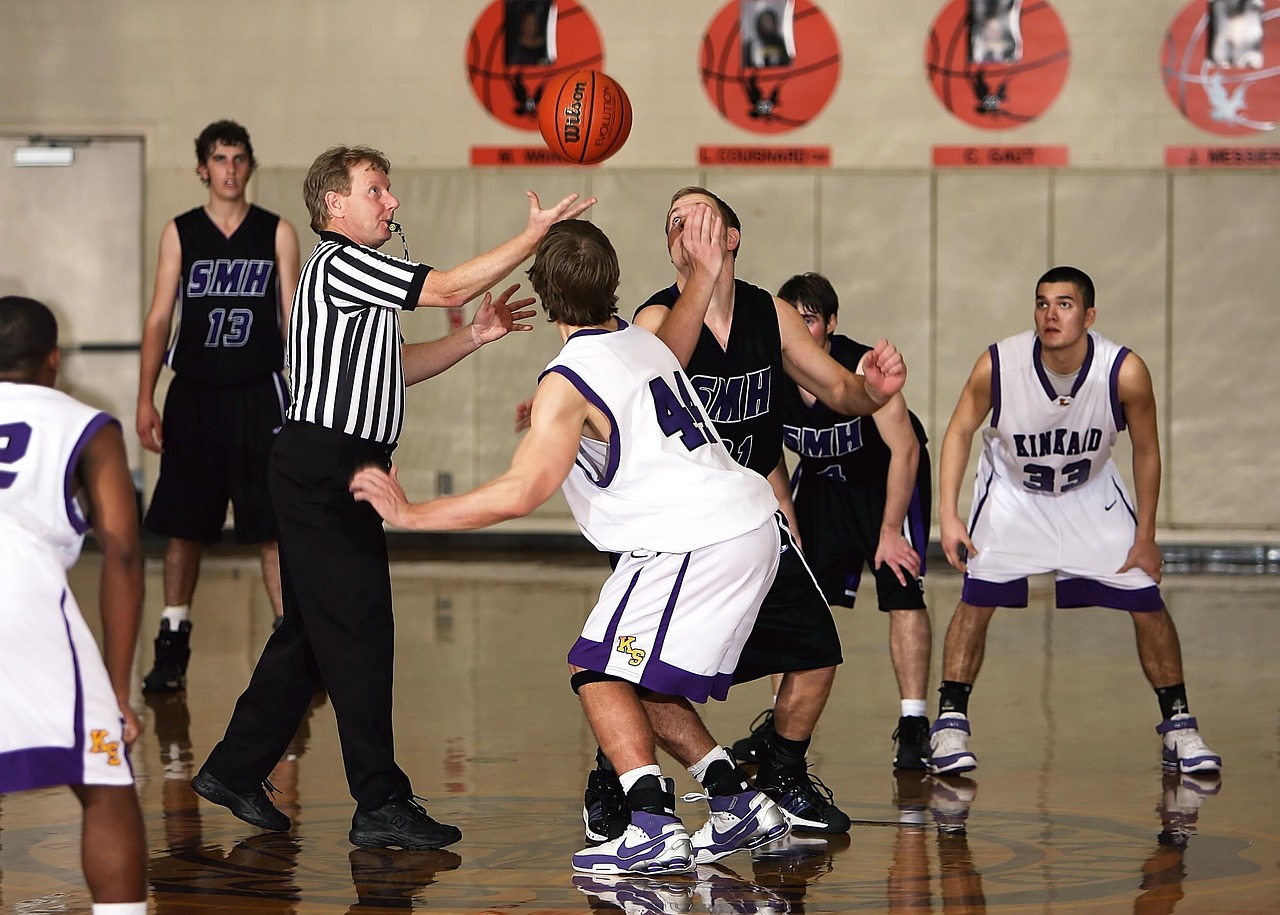European basketball coaching is renowned for producing world-class players, with a structured approach that emphasizes skill development from a young age.
Coaches prioritize a holistic, long-term vision, ensuring players transition smoothly to higher leagues without early pressure.
Key Points
- Research suggests European coaches focus on fundamentals, teamwork, and long-term development.
- It seems likely club systems and early competition exposure are central to player growth.
- The evidence leans toward tactical intelligence and physical/mental conditioning being key.
European Coaching Philosophies and Methods

European coaches focus on mastering fundamentals like passing, shooting, and dribbling, using repetitive drills to build muscle memory. They foster teamwork, encouraging unselfishness and collective play, contrasting with the individualistic American style.
Tactical intelligence is developed through game-reading and strategic decision-making, while physical and mental conditioning ensures players are resilient and adaptable.
Role of Club Systems
The club-based system in Europe, with teams from youth to professional levels, provides a clear development pathway.
Clubs like FC Barcelona and Real Madrid nurture talent through academies, aligning with national frameworks like Basketball England’s, which focuses on commitment, game awareness, and physical robustness.
Early Exposure and Competition
Young players often compete in professional leagues early, gaining experience against seasoned opponents.
International tournaments like the EuroLeague (EuroLeague) and FIBA Championships expose them to diverse styles, enhancing adaptability.
Comprehensive Analysis of European Basketball Coaching and Player Development
Basketball has evolved into a global sport, with Europe emerging as a significant producer of world-class talent. The success of European players like Luka Dončić, Nikola Jokić, and Giannis Antetokounmpo in the NBA and international competitions has sparked curiosity about the unique coaching methods that shape these athletes.
European basketball coaching is renowned for its structured, long-term approach to player development, emphasizing fundamentals, teamwork, tactical intelligence, and physical and mental preparation.
This detailed exploration covers the philosophies, systems, and techniques used by European coaches, highlighting what makes their methods effective and how they differ from other regions, particularly the United States.
The Foundation of Fundamentals
At the heart of European basketball coaching is an unwavering focus on mastering the fundamentals. Coaches prioritize teaching players the core skills of the game—passing, shooting, dribbling, and defense—with an emphasis on technical precision.
For example, footwork drills such as pivoting, sliding, and positioning are repeatedly practiced to build muscle memory, ensuring players develop a strong foundation.
Shooting form is meticulously refined, with attention to release, foot placement, and follow-through. Ball-handling and passing are skills that all players are encouraged to master, regardless of position, as this enhances the fluidity of the team game.
This methodical approach, as noted in resources like Basketball Inn – How European Coaches Develop Basketball Players, ensures that players are technically sound, which is crucial for long-term success.
Fostering Teamwork and Collective Play
European basketball is often described as a team-oriented game, where individual stardom takes a backseat to collective effort. Coaches instill a culture of unselfishness, emphasizing ball movement, intelligent decision-making, and effective communication.
Players are taught to prioritize team success over personal stats, which is evident in the way European teams execute plays like the pick-and-roll or create open shots through crisp passing and off-ball movement.
This contrasts with American basketball, where individual athleticism and scoring ability are often highlighted, as discussed in Foxymo – How Do European Coaches Develop Basketball Players.
The European approach fosters a style of play that is both beautiful to watch and highly effective, as seen in the success of EuroLeague teams like Real Madrid and CSKA Moscow.
Developing Tactical Intelligence
Tactical awareness and basketball IQ are central to European coaching philosophies. Players are not just taught to execute plays but to understand the strategy behind them. Coaches focus on developing players who can read the game, anticipate opponents’ moves, and make decisions that benefit the team.
This includes mastering various offensive and defensive schemes, recognizing mismatches, and adapting to different game situations.
The emphasis on tactical intelligence, as highlighted in Straight Win Prediction – How Do European Coaches Develop Basketball Players, results in players who are versatile and capable of thriving in high-pressure environments, such as the NBA or EuroLeague. Coaches use scenario-based drills, like 3-on-3 games, to improve decision-making under pressure, reinforcing situational awareness and game management.
The Role of Club Systems in Long-Term Development
One of the most distinctive features of European basketball is the club system, which provides a structured pathway for player development. Many European clubs operate teams at every age level, from youth to professional, allowing players to progress seamlessly through the ranks.
For example, in Spain, clubs like FC Barcelona and Real Madrid have renowned academies that nurture talent from a young age, with the best players eventually making it to the senior team, as noted in Basketball Immersion – Long-Term Vision and Coach Development.
This long-term investment ensures that players receive consistent coaching and are exposed to increasingly challenging competition as they mature. Additionally, many European countries have national player development frameworks that align with club systems.
For instance, Basketball England’s Player Development Framework, as outlined in Basketball England – Player Development Framework, focuses on developing players who are committed, game-aware, skilled technicians, physically robust, and persistent performers.
This structured approach, underpinned by ecological dynamics and motor learning research, ensures a holistic outlook focused on “as many as possible for as long as possible,” facilitating natural transitions to higher leagues without early selection pressure.
Physical and Mental Conditioning
European coaches place a strong emphasis on physical and mental preparation. Physical training regimes are designed to build strength, endurance, and agility, with a focus on functional movements that mimic basketball actions.
Injury prevention is also a priority, with warm-ups, stretching, and rehabilitation programs integrated into training, as detailed in Basketball Inn – How European Coaches Develop Basketball Players. Mentally, players are trained to handle pressure, build confidence, and maintain focus during critical moments.
Coaches often incorporate psychological training and work with sports psychologists to enhance emotional control and resilience. This holistic approach ensures that players are not only skilled but also physically and mentally equipped for the demands of elite basketball, with mental toughness developed through simulated stressful situations and realistic goal-setting.
Early Exposure to High-Level Competition
A key advantage of European basketball development is the early exposure to high-level competition. Young players often get to compete in professional or semi-professional leagues, gaining valuable experience against more experienced opponents.
For example, many European clubs have reserve teams or affiliate lower-division teams where young players can test their skills, as mentioned in Europe Basketball Academy – Academy Development Program. This real-game experience teaches players to adapt quickly, make decisions under pressure, and perform in high-stakes situations.
Additionally, exposure to international competitions like the EuroLeague (EuroLeague), FIBA European Championships, and junior tournaments provides players with opportunities to face diverse playing styles and high-level opposition from an early age, enhancing adaptability and preparing them for global competition.
Cultural and Historical Influences
The development of basketball in Europe has been shaped by cultural and historical factors. Each country has its own basketball tradition, with coaching methods influenced by local philosophies and past successes.
For instance, the Yugoslavian basketball school is renowned for its disciplined and tactical approach, having produced numerous NBA players and EuroLeague champions, as noted in Europe Basketball Academy – Academy Development Program.
In the last 30 years, the Yugoslavian system has produced more than 50 NBA players, more than any other program outside the US, and Yugoslavian coaches have led teams to win the EuroLeague more than 15 times.
Similarly, Spain’s emphasis on possession and movement has become a hallmark of European basketball. These influences have contributed to the diverse yet cohesive coaching methods seen across Europe, creating a rich tapestry of basketball development that prioritizes long-term growth and strategic depth.
Case Studies: Success Stories of European Coaching
The effectiveness of European coaching methods is evident in the careers of several NBA stars, as highlighted in Trandnews – Overview Of How Do European Coaches Develop Basketball Players:
- Luka Dončić: Developed through the Slovenian and Spanish club systems, Dončić began his professional career at Union Olimpija before joining Real Madrid. His coaches emphasized fundamentals, tactical intelligence, and versatility, which prepared him for NBA stardom, where he has become one of the league’s top players.
- Nikola Jokić: From Serbia, Jokić’s development was shaped by the Yugoslavian basketball school’s focus on discipline and strategy. Starting with Mega Basket, he honed his unique skill set, blending size with exceptional passing and shooting ability, making him a two-time NBA MVP.
- Giannis Antetokounmpo: Born in Greece, Antetokounmpo moved to Spain as a teenager and played for Filathlitikos. His time in Europe focused on developing his athleticism, ball-handling, and defensive prowess, which have been key to his NBA success, including winning a championship.
These players exemplify how European coaching methods, with their emphasis on fundamentals, teamwork, and tactical intelligence, produce well-rounded athletes capable of excelling at the highest levels.
Comparison with American Coaching Methods
American basketball coaching often emphasizes athleticism and individual skill development, with less focus on team play and tactics compared to Europe, as noted in Foxymo – How Do European Coaches Develop Basketball Players.
While this produces many talented players, it can sometimes lead to gaps in game understanding and teamwork. European methods, with their focus on collective play, long-term development, and tactical intelligence, offer a complementary approach.
American coaches could benefit from adopting some European techniques, such as prioritizing fundamentals and fostering a team-first mentality, to create more versatile and adaptable players.
Detailed Methodologies and Philosophies
European coaches employ a range of specific methods to develop players, as detailed in Basketball Inn – How European Coaches Develop Basketball Players:
| Method/Philosophy | Description |
|---|---|
| Emphasis on Fundamentals | Focus on mastering passing, shooting, dribbling, defensive positioning with technical precision. |
| Tactical Awareness and Basketball IQ | Develop players’ ability to read the game, make smart decisions, understand team dynamics. |
| Physical Conditioning | Prioritize long-term fitness: balance, agility, endurance, with injury prevention focus. |
| Youth Development | Structured academies, daily practice, early specialization, holistic approach, tiered competition. |
| Team-Oriented Style of Play | Less reliant on superstars, focus on unselfishness, ball movement, teamwork over isolation plays. |
| Coaching Style and Mentorship | Instructional, mentorship-based, long-term relationships, focus on character, education, patience. |
| Exposure to International Competitions | Early exposure to EuroLeague, FIBA, junior competitions for diverse styles, adaptability. |
| Positionless Basketball | Develop “positionless” players, fluid roles, versatility, all players pass, dribble, shoot. |
| Small-Sided Games and Scenarios | Use 3-on-3, 4-on-4 games, scenario-based drills for decision-making under pressure. |
| Video Analysis | Use game footage for feedback, individual/team film sessions, opponent breakdown, post-game analysis. |
| Mental Toughness | Psychological training for handling pressure, confidence building, sports psychologists for focus. |
| Development of Role Players | Focus on role players, specialization in key skills, maximizing strengths, role acceptance. |
| Development through Competition | Consistent, increasingly challenging competition: club leagues, national teams, youth tournaments. |
| Player Accountability | Instill responsibility, self-directed training, discipline, professionalism, track progress with metrics. |
| Adaptation to Modern Game | Incorporate analytics, modern offenses (positionless, spacing, three-point shooting), flexible defenses. |
This table illustrates the comprehensive and systematic approach European coaches take, ensuring players are well-prepared for the demands of elite basketball.
Conclusion
European basketball coaching methods are characterized by a structured, long-term approach that emphasizes fundamentals, teamwork, tactical intelligence, and physical and mental preparation.
The club system, early exposure to high-level competition, and cultural influences like the Yugoslavian and Spanish basketball schools have created a fertile ground for developing world-class talent.
By understanding and perhaps adopting these methods, coaches worldwide can help develop well-rounded players who are not only skilled but also intelligent and team-oriented. As basketball continues to evolve, the influence of European coaching will undoubtedly play a significant role in shaping the future of the game.
